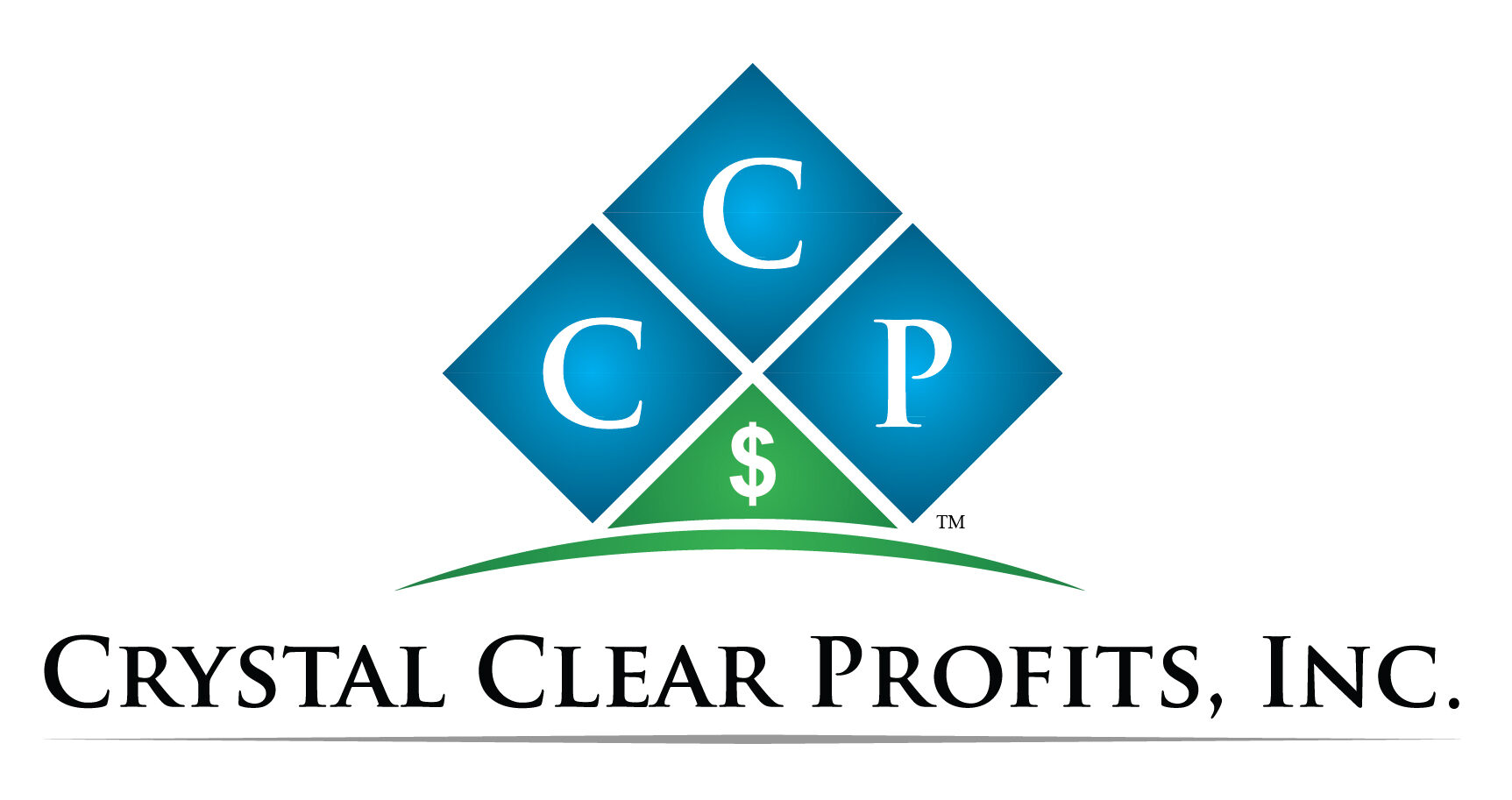As the end of 2024 approaches, businesses across the United States are preparing to comply with new federal regulations that have the potential to impact their operations significantly. One of the most critical developments is the Beneficial Ownership Reporting Requirements under the Corporate Transparency Act (CTA). These new regulations, enforced by the Financial Crimes Enforcement Network (FinCEN), aim to improve transparency in business ownership to help combat money laundering, tax evasion, and other financial crimes.
If you own or operate a business, understanding these requirements and ensuring you comply with them is crucial. The reporting deadline is December 31, 2024, and businesses that fail to meet the requirements face potential penalties. Here’s what you need to know to prepare for the upcoming deadline and safeguard your company from compliance risks.
What is the Corporate Transparency Act?
The Corporate Transparency Act (CTA) was enacted as part of the Anti-Money Laundering Act of 2020 and represents a significant step in the U.S. government’s efforts to improve corporate transparency. The CTA requires certain businesses to report information about their beneficial owners to FinCEN.
A beneficial owner is any individual who, directly or indirectly:
- Owns 25% or more of a company’s equity interests, or
- Exercises substantial control over the company, including senior executives or individuals who make key business decisions.
The goal of the CTA is to create a federal database of beneficial ownership information, allowing law enforcement agencies to track and prevent illicit activities conducted through anonymous shell companies.
Who Must Report?
The CTA applies to most domestic and foreign entities that are registered to do business in the United States. This includes corporations, limited liability companies (LLCs), and similar entities, though there are several exceptions.
What Information Must Be Reported?
To comply with the CTA’s Beneficial Ownership Reporting Requirements, covered entities must disclose the following information to FinCEN for each beneficial owner:
- Full Legal Name
- Date of Birth
- Current Residential or Business Address
- A Unique Identifying Number (such as a passport or driver’s license number)
This information must be submitted to FinCEN through an online system, which will be accessible prior to the reporting deadline.
Exemptions to the Reporting Requirements
While the reporting requirements apply to a broad range of entities, there are exemptions for certain businesses, including:
- Publicly traded companies
- Banks and credit unions
- Insurance companies
- Tax-exempt entities
- Large operating companies (those with more than 20 full-time employees, $5 million in revenue, and a physical presence in the U.S.)
If your business falls under one of these categories, you may not need to submit beneficial ownership information. However, it’s essential to review the specific exemptions carefully to determine if your entity qualifies.
Why Are These Reporting Requirements Important?
The Beneficial Ownership Reporting Requirements are designed to close loopholes that have historically allowed criminals to hide behind anonymous companies. By requiring businesses to disclose the identities of their beneficial owners, FinCEN and other law enforcement agencies will have greater visibility into who truly controls companies operating in the U.S. This increased transparency is expected to enhance efforts to detect and prevent financial crimes such as money laundering, terrorist financing, and tax evasion.
What Happens if You Don’t Comply?
Failure to comply with the Beneficial Ownership Reporting Requirements can result in significant penalties, both civil and criminal. Businesses that fail to submit the required information by the December 31, 2024 deadline could face:
- Civil penalties of up to $500 per day for each day the violation continues, and
- Criminal penalties, including fines up to $10,000 and possible imprisonment for willful violations.
These penalties underscore the importance of understanding and complying with the new reporting requirements well in advance of the deadline.
How to Prepare for the Deadline
To ensure your business complies with the Beneficial Ownership Reporting Requirements by December 31, 2024, it’s essential to start preparing now. Here are a few steps to take:
- Determine if Your Business is Subject to Reporting Requirements
- Review the CTA’s guidelines to determine whether your entity is required to report beneficial ownership information. If you’re unsure, consult a legal or financial advisor to clarify your obligations.
- Identify Your Beneficial Owners
- If your business is subject to reporting, identify all individuals who meet the criteria for beneficial ownership. Ensure you gather the necessary information, including full legal names, dates of birth, addresses, and unique identifying numbers.
- Consult a Professional
- Given the complexity of these new regulations, it’s advisable to consult with a legal or compliance expert who specializes in corporate law. They can help you navigate the requirements and ensure that your business is fully compliant.
- Submit Your Information to FinCEN
- Once you’ve gathered the required information, submit it to FinCEN through their online system before the deadline. Stay informed about any updates from FinCEN regarding the reporting process to ensure your submission is complete and accurate.
Act Now to Avoid Penalties
The Beneficial Ownership Reporting Requirements under the Corporate Transparency Act represent a significant shift in corporate regulation in the United States. Businesses that are required to comply with these new rules must report their beneficial ownership information to FinCEN by December 31, 2024. Failure to meet this deadline can result in substantial financial and legal consequences.
Now is the time to review your business’s obligations, identify your beneficial owners, and take the necessary steps to ensure compliance. By preparing in advance, you can avoid penalties and protect your business as you move into the next chapter of regulatory compliance.
Don’t wait until the last minute contact us here —start your compliance efforts today and ensure your business is ready for the December 31, 2024 deadline.
